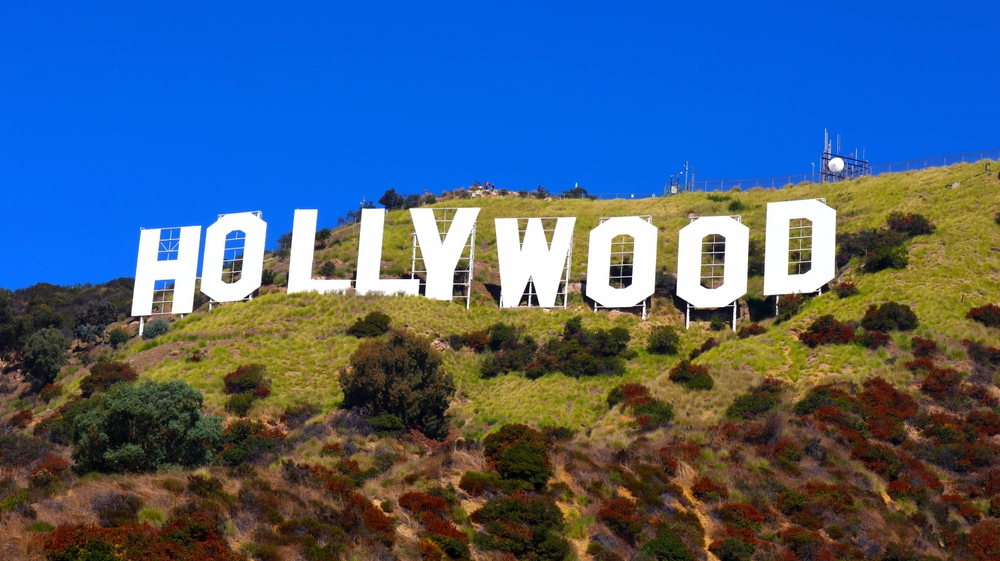
While Hollywood giants sue AI companies over copyright infringement, two innovative studios – Gennie and Toonstar – are forging ahead with ethical AI content creation that avoids legal pitfalls entirely.
Key Takeaways
- Disney and Universal have sued AI start-up Midjourney for copyright infringement, marking the first major legal action by Hollywood studios against AI firms.
- Gennie Studios is pioneering ethical AI content with its “Pillars of Protection” framework, creating compliant AI reenactments for shows like “Killer Kings” on Sky History.
- Toonstar, recently signed by WME, uses AI voice cloning and animation technology while implementing strong legal guardrails to avoid copyright issues.
- Both smaller studios focus on indemnified toolchains, proper documentation, and specialized insurance coverage to mitigate legal risks.
- The entertainment industry is witnessing a fundamental tension between AI advancement and protecting content creators’ rights and compensation.
Hollywood Giants Take Legal Action Against AI Innovation
Disney and Universal Studios have filed a landmark copyright infringement lawsuit against AI company Midjourney, alleging unauthorized use of their intellectual property to train AI models. This legal action represents the first major strike by Hollywood studios against AI firms and highlights the growing battle over AI-generated content in the entertainment industry. The lawsuit doesn’t aim to shut down generative AI completely but instead seeks to establish compensation frameworks and content filtering expectations for AI platforms using copyrighted material.
Legal experts are describing the potential impact of this case as “tectonic” for future litigation. The timing of the lawsuit appears strategic, coming after the Copyright Office released guidance on fair use and AI large language models. Glenn Pudelka, a partner at Troutman Pepper Locke, noted that Disney and Universal may have delayed legal action while assessing their own AI interests and waiting for regulatory clarity before proceeding with litigation.
Gennie Studios: Ethical AI Reenactments
While major studios battle in court, smaller production company Gennie has found success by designing workflows that preemptively avoid legal risks associated with generative AI. Founded in 2024, Gennie has already premiered “Killer Kings” on Sky History, a docuseries featuring AI-generated visual reenactments of historical events. The company utilizes tools like Google Veo and Luma’s Dream Machine for creating visuals but does so within a structured framework called “Pillars of Protection.”
“Our goal is to put accurate history on screen and reduce the risk that typically comes with using generative tools,” said Einhorn. “We’re building a system where legal and creative standards can co-exist.”
Gennie’s approach includes comprehensive prompt documentation, use of indemnified toolchains from established technology providers, and specialized AI-specific insurance coverage. By maintaining transparent relationships with traditional entertainment partners and avoiding references to public figures or copyrighted works, Gennie has established a viable model for AI content creation that minimizes legal exposure while delivering high-quality entertainment products.
Toonstar: AI-Powered Animation Without Legal Headaches
Animation studio Toonstar has similarly navigated the complex AI landscape successfully, recently signing with WME and announcing a new show featuring comedian Nigel Ng. Founded in 2015, Toonstar specializes in short-form and mid-form animation for platforms like YouTube, leveraging AI tools such as Ink & Pixel and SPOT to accelerate production processes. Their series “StEvEn & Parker” currently draws over 30 million weekly views and utilizes sophisticated AI voice cloning technology.
“We’re not replacing artists. We’re working with them to open up the format to more people,” said Huang from Toonstar, emphasizing their collaborative approach to AI implementation.
Like Gennie, Toonstar has implemented robust internal guardrails and compliance measures to ensure their AI usage remains legally sound. The company carefully avoids referencing copyrighted works or public figures without proper clearance and maintains strong relationships with traditional entertainment partners. Their approach demonstrates that AI can significantly enhance creative production while still respecting intellectual property rights.
The Future of AI in Entertainment
As the legal battles between major studios and AI companies continue, the contrasting approaches of Gennie and Toonstar offer valuable insights into how AI can be ethically integrated into entertainment production. These smaller studios are proving that with proper planning, documentation, and risk management, AI technologies can enhance storytelling without triggering copyright concerns. Their success suggests that the future of entertainment may not be defined by contentious lawsuits but by thoughtful frameworks that balance innovation with respect for intellectual property.
As the industry continues to evolve, the precedents set by these pioneering studios may become increasingly valuable. Their emphasis on documentation, indemnification, and compliance could well become the standard approach for entertainment companies looking to harness AI’s creative potential while avoiding costly legal entanglements in a rapidly changing technological landscape.




